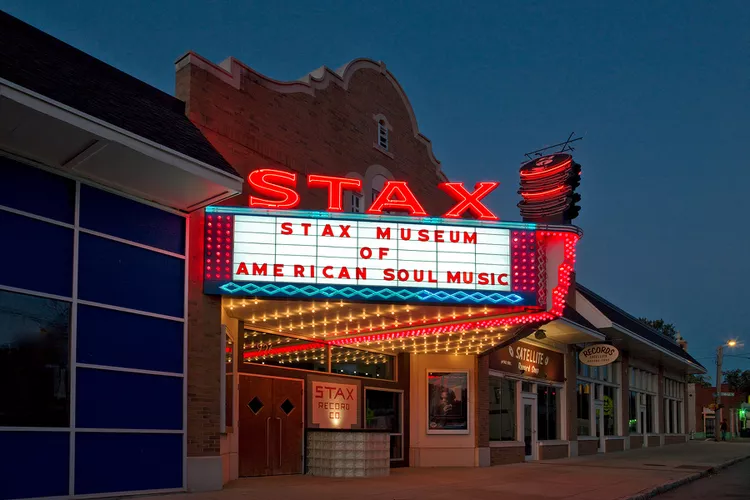Summary
Two Museums Added to the U.S. Civil Rights Trail
A pair of museums in Tennessee were added to the U.S. Civil Rights Trail this week, in time for the start of Black History Month in 2022.
The National Museum of African American Music, located in Nashville, and The Stax Museum of American Soul Music, situated in Memphis, were newly included in the trail, the Tennessee Department of Tourist Development announced on February 1, 2022.
Official Statement on the Impact of Tennessee’s History
“What happened in Tennessee changed the world and through the power of the music of the movement, visitors can learn about that legacy at world-class destinations like Stax and NMAAM,” Mark Ezell, the commissioner of the Tennessee Department of Tourist Development, expressed in a statement. “Visitors can walk in the footsteps of the brave men and women who stood up for equal rights.”
The National Museum of African American Music opened in 2021, while The Stax Museum of American Soul Music is situated on the historic site of Stax Records studio, honoring the artists who recorded there.
:max_bytes(150000):strip_icc():format(webp)/nmaam-interior-TNMUSICMUSE0222-adcbc311171740cab536c1ccf59ebf99.jpg)
Current Stops on the U.S. Civil Rights Trail
There are currently 14 Tennessee stops along the U.S. Civil Rights Trail, which connects 15 states and Washington D.C.
Travelers who visit these important historical sites can collect a digital passport that allows them to redeem their stamps for rewards, including a custom T-shirt and a Tennessee Civil Rights Trail medallion, complete with a wooden display case.
In addition to these two significant museums, the Tennessee Department of Tourist Development has expanded the Clayborn Temple site in Memphis, now featuring the “I AM A MAN” plaza, which includes a powerful sculpture recognizing those who took part in the 1968 Memphis sanitation strikes.
Further historical sites in Tennessee also include the National Civil Rights Museum and the Lorraine Motel, where Dr. Martin Luther King Jr. was tragically assassinated, alongside Woolworth on 5th, which was the location of several early lunch counter sit-ins during the 1960s.
Across the United States, travelers can explore pivotal locations such as the National Museum of African American History and Culture in Washington, D.C., and the Harriet Tubman Underground Railroad National Historical Park in Maryland to deepen their understanding of Black history.




